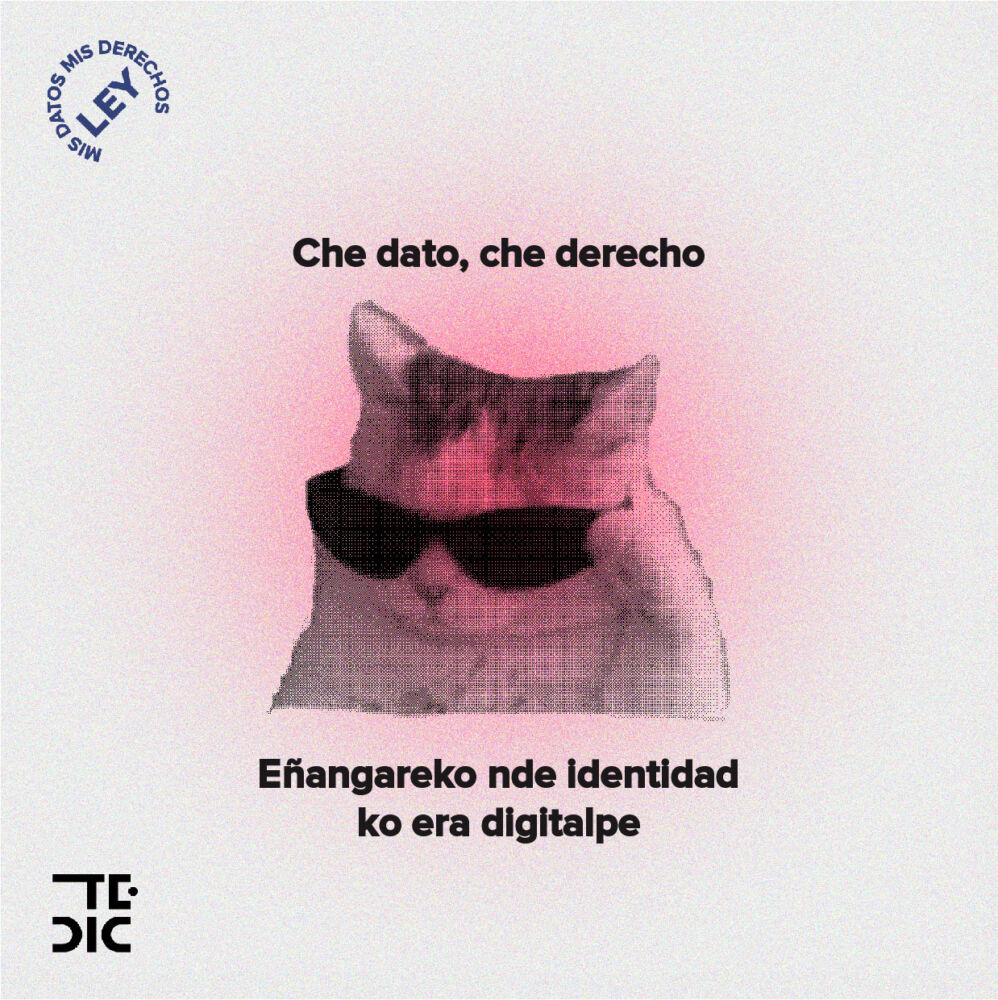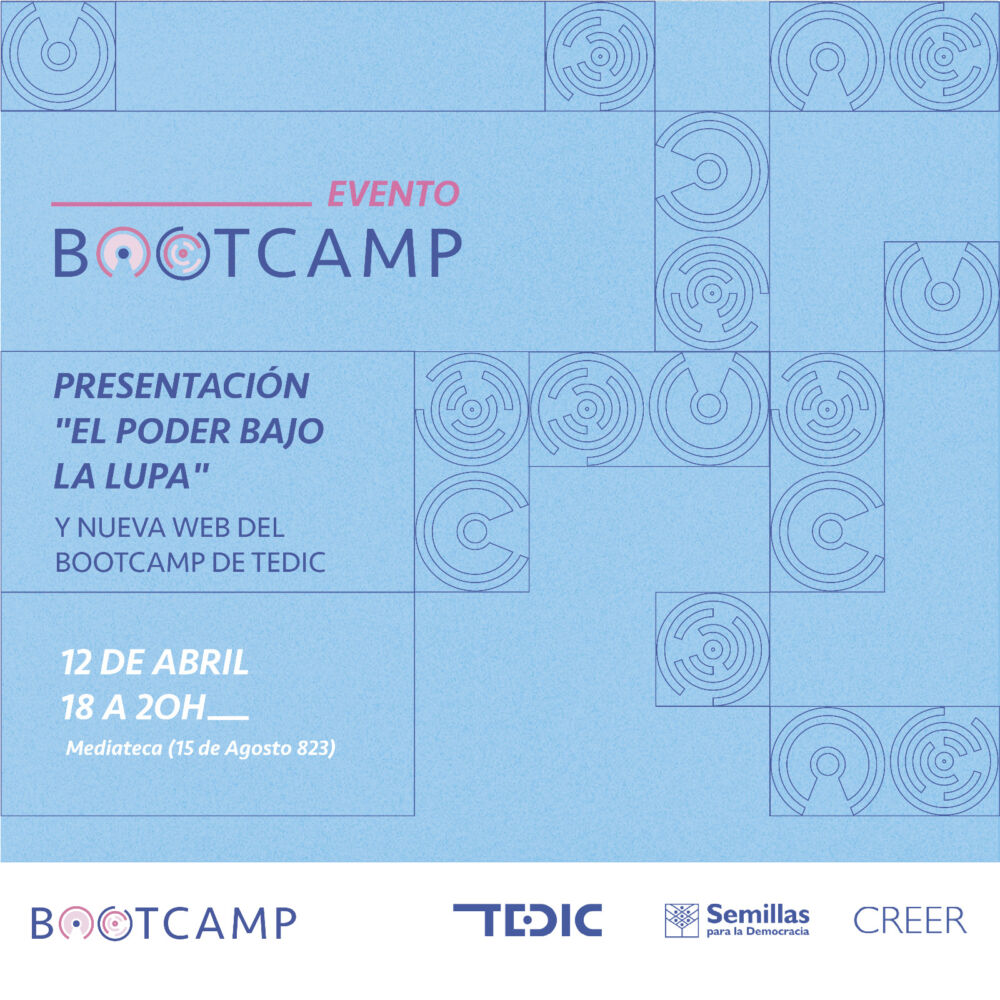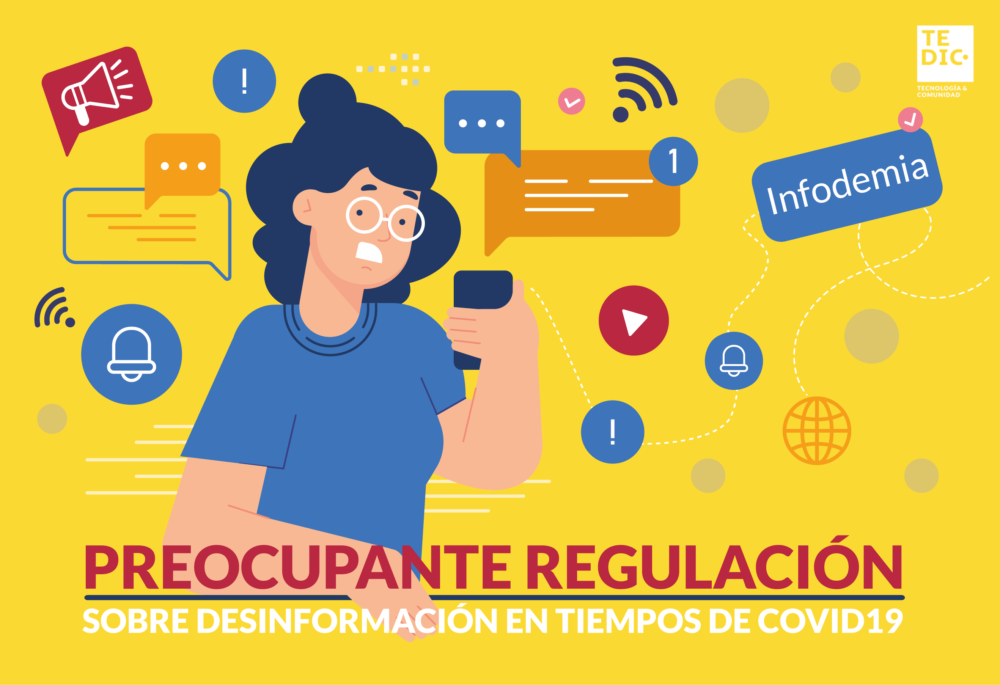
Since 2022, with the launch of our campaign “My data, my rights”, we aim to provide resources and information about the importance of protecting our personal data in Paraguay. Aware of the importance and need of legislation that effectively and comprehensively regulates the handling of our data in both the public and private sectors, we launched this initiative alongside the Coalición de Datos Personales de Paraguay and other key actors, to accompany the long road in advocating for a vital legislative change for our country. However, we recognize that Paraguay, being a bilingual country, needed this information to be accessible in both languages, Spanish and Guarani. With our mission being inclusion and democratic access to information, we expanded and launched this campaign in the Guarani language, reaching more people and updating some of the campaign messages to continue pushing for the enactment of this legislation.
Recognizing that language is also a barrier
In an increasingly expanded digital context, where every click we make leaves a trace, our right to privacy becomes more and more fundamental. Despite its importance, many people still face language barriers that limit or prevent them from accessing crucial information about how to protect their personal data. We believe that by translating and adapting our campaign into Guarani, we not only extend our reach, but also aim to strengthen democratic action, enabling more people in Paraguay to have the tools to defend their digital rights.
The importance of collective work
This year, our campaign is expanding through collaboration with organizations such as OPAMA and FENAES, two organizations that represent significant sectors of our population -students and public transportation users-. With their help, we aim to reach more ears, sharing knowledge and raising awareness among more people throughout our national territory.
To ensure that the messages are clear and impactful, we developed a variety of dynamic and engaging content in Guarani. From informative memes and reels to participation in workshops on privacy and personal data in the main cities of Paraguay, each message was designed to convey information in a colloquial and accessible manner.
The adaptation of our campaign to a bilingual format responds to the increasing demand for information at a national level. The positive reception of our preliminary activities, which include advocacy as well as interviews and workshops on personal data protection, demonstrates a growing interest and strong commitment from many people in Paraguay.
More transversality, same concern
In the launch video of our #MyDataMyRights campaign in Guarani, we had the support of OPAMA and FENAES. Here, we address the growing concern about how our personal data is collected through systems such as automatic bus ticketing. In our campaign, we highlight the need for transparency and openness in data management, asserting that data should be accessible to the public to prevent misinterpretation and misuse that could damage trust in transportation systems. We defend and promote access to information and the protection of personal data, emphasizing the importance of considering these aspects to enhance and facilitate public understanding of our transportation. Without a comprehensive law on personal data protection, our data could be used for surveillance, consumer profiling, and other non-consensual purposes.
On the other hand, in collaboration with FENAES, the campaign also seeks to promote the need for a student ticket that protects sensitive information shared by students to access transportation subsidies. From this perspective, the goal is to ensure that the data provided will not be used for purposes other than improving the accessibility and quality of transportation for students.
Finally, the campaign invites the entire community to join the advocacy to achieve the enactment of a robust legislation on personal data protection, emphasizing the importance that control over our personal data should be exclusively in our hands and not in the hands of companies or public institutions.

 2023 Bootcamp closure: A Summary of our initiatives and achievements
2023 Bootcamp closure: A Summary of our initiatives and achievements  Worrisome regulation on disinformation in times of COVID19
Worrisome regulation on disinformation in times of COVID19